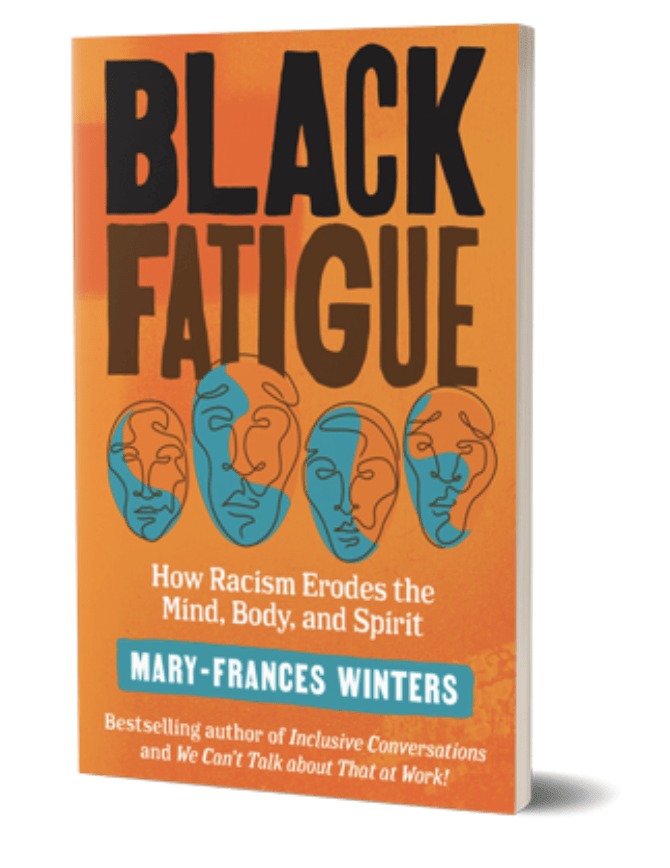
As my husband and I both go through our fertility journey, I have had a more heightened awareness of the inequities that exist with childbirth and Black women. Last week, Ryan Bell highlighted the fact that Black women are more likely to die from pregnancy complications, and how when symptoms are presented, they are often dismissed. I wrote a few years ago in a post about Beyoncé and Serena Williams sharing their complications with childbirth. Serena specifically shared that she had to demand the doctors give her a CT Scan, which ultimately led them to find several small blood clots on her lungs, that if gone undetected, could have been dire.
As my husband and I both go through our fertility journey, I have had a more heightened awareness of the inequities that exist with childbirth and Black women. Share on X
A friend of mine recently shared her childbirth story on Facebook, and how doctors dismissed her symptoms and her “pain,” literally scoffing at it. I put pain in quotes, because studies show that even to this day, medical trainees hold the belief that Black people have a higher tolerance for pain. In the comments section of my friend’s Facebook post, others chimed in sharing equally harrowing experiences. This brought the reality of racism in Black women’s healthcare very close to home for me. Hearing stories from people I actually know made it all the more a reality – it’s one thing to read the statistics, or stories from people you will likely never meet; when it hits within your own circle it further opens your eyes.
In Black Fatigue: How Racism Erodes the Mind, Body, and Spirit, Mary-Frances Winters has a chapter unpacking the ways that racism literally makes us sick. She highlights a study that showed how lack of access to quality medical care and other social factors were ruled out when it came to explaining why Black women are more likely to die in childbirth; it’s in fact racism that is the cause.
A few weeks ago, Mary-Frances Winters wrote in a Point of View about how it’s Black and Brown children who are truly fragile. This made me think of a recent study that came out in June on the decline in infant mortality rates. The release of this study also highlighted another disheartening racial disparity that exists — Black infants are 2.3 times more likely to die in childbirth than white infants. While I have been more focused on the impact on the mother, I wasn’t fully aware that the health inequities also extend to the infant. Another report from George Mason University further found that “when cared for by white physicians, Black newborns were about three times more likely to die in the hospital than white newborns.” Just imagine the range of feelings experienced by Black women wanting to start a family within a system that is already rigged against us. It surely adds an undue amount of stress for me!
Just imagine the range of feelings experienced by Black women wanting to start a family within a system that is already rigged against us. Share on X
In Black Fatigue, Winters offers some solutions at the system level. If we are truly going to change disparities due to racism, system level changes are a must. It will take time, of course, as these issues are deeply embedded from hundreds of years. Continuing to raise awareness and highlight these inequities helps tremendously. Winters shares that we must continue to fund research on these topics; continue to educate healthcare professionals with cultural competence and implicit bias training (and make sure it is immersive, experiential and developmental); and enact more policies to establish strategies to minimize racism in health care.
Black Fatigue is the first book to name and describe a phenomena Black people know well: the multifaceted physical and psychological damage wrought by simply living, day by day, in a racist society. This is a vital resource for Black and non-Black people who are looking for ways to heal, learn, and have productive and supportive conversations about racial injustice and trauma. To move forward, we need to know where we came from and where we are — Black Fatigue is the foundation from which we can begin to imagine a better world, together.




















